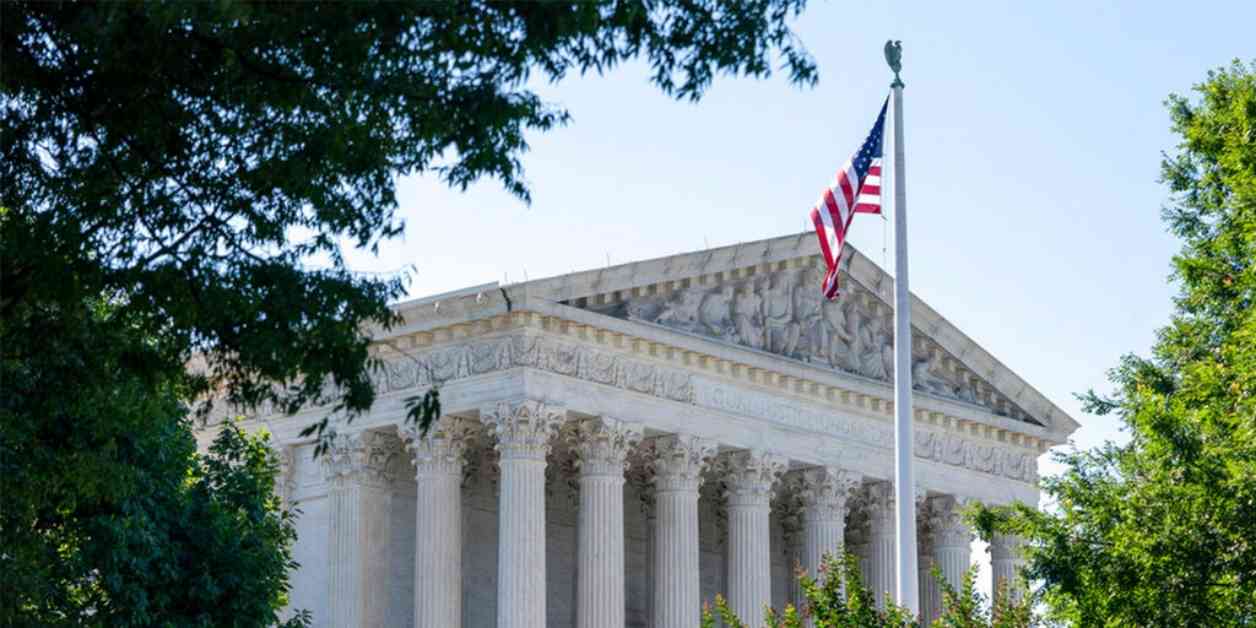The recent Supreme Court ruling upheld a federal law that prohibits individuals subject to domestic violence restraining orders from owning guns. This decision marks a significant test of the Second Amendment at the highest court in the country. Chief Justice Roberts, in an 8-1 opinion, stated that individuals deemed a credible threat to the safety of others can be temporarily disarmed without violating the Second Amendment.
During the oral arguments, justices from both ends of the political spectrum seemed to support the Biden administration’s argument that there is a historical precedent for keeping firearms away from potentially dangerous individuals. This ruling in the case of U.S. v. Rahimi could have far-reaching implications for various gun rights measures being debated in the legal system and state legislatures.
The case that led to this ruling involved Zackey Rahimi from Texas, who, under a DVRO, claimed his right to keep a gun for self-defense. However, Rahimi had a history of violent offenses, including assaults on his ex-girlfriend and another woman using firearms. Justices on the court expressed concerns about arming individuals with such a history of domestic violence, emphasizing the potential danger they pose to society.
This decision could also impact cases involving whether current or former drug users can be denied gun ownership. For instance, Hunter Biden, the president’s son, faces legal challenges related to allegations of lying about his drug addiction on a federal registration form when purchasing a firearm in 2018. The outcome of these cases will likely be influenced by the Supreme Court’s stance on restricting gun ownership for individuals with a history of violence or drug abuse.
While some justices raised concerns about the broad interpretation of “responsibility” when it comes to gun ownership, the majority opinion emphasized the importance of prioritizing public safety over individual rights. Moving forward, this ruling sets a precedent for limiting access to firearms for individuals with a documented history of posing a threat to others.
In conclusion, the Supreme Court’s decision to uphold the federal gun ban for individuals under domestic violence restraining orders reflects a commitment to preventing potential harm and enhancing public safety. This ruling not only clarifies the scope of the Second Amendment but also sets a standard for evaluating the rights of individuals with a history of violence or substance abuse when it comes to gun ownership.





















